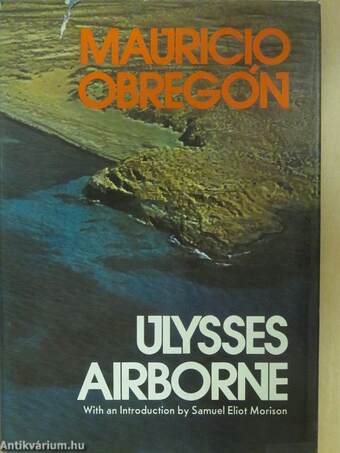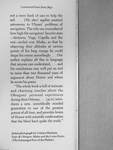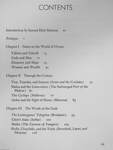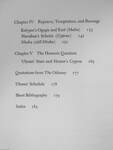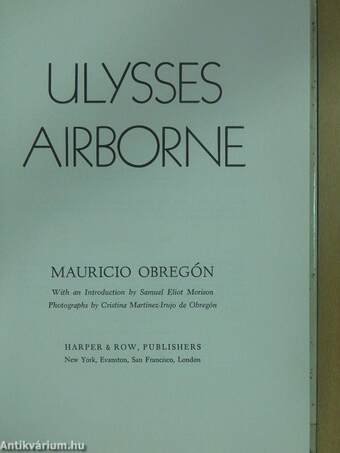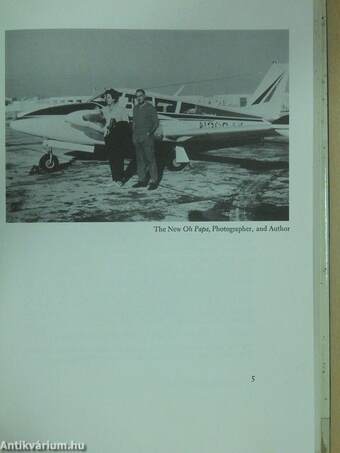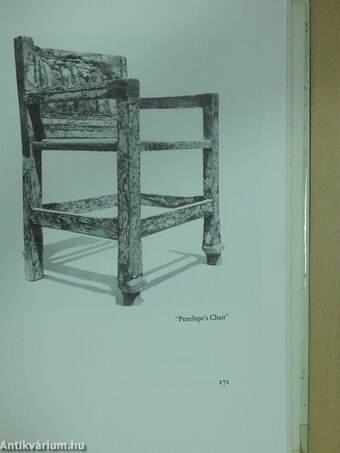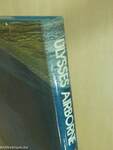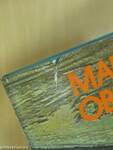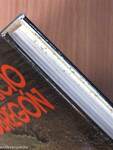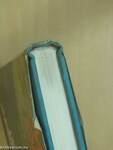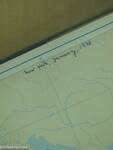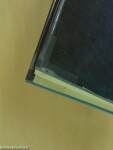1.063.258
kiadvánnyal nyújtjuk Magyarország legnagyobb antikvár könyv-kínálatát

VISSZA
A TETEJÉRE
JAVASLATOKÉszre-
vételek
Ulysses Airborne
| Kiadó: | Harper & Row, Publishers |
|---|---|
| Kiadás helye: | New York |
| Kiadás éve: | |
| Kötés típusa: | Vászon |
| Oldalszám: | 188 oldal |
| Sorozatcím: | |
| Kötetszám: | |
| Nyelv: | Angol |
| Méret: | 26 cm x 18 cm |
| ISBN: | 06-013232-9 |
| Megjegyzés: | Fekete-fehér fotókkal, illusztrációkkal. |
naponta értesítjük a beérkező friss
kiadványokról
naponta értesítjük a beérkező friss
kiadványokról
Fülszöveg
The author of this beguiling book, who is a skilled aviator and small-boat sailor, here telis the story of his search to identify and photograph from the air the places where Ulysses touched on his way home from Troy. The book's primary contribution is pleas-ure? but it alsó provides new findings (and new hypotheses) — archaelogi-cal? linguistic, personal—not the least startiing an identification of Homer's home.
Sámuel Eliot Morison says: "This book is a happy welding of technique to scholarship. It opens with a stimu-lating and scholarly description of the Homeric world—ships, houses, furni-ture, wine and f ood7 marriage customs, law and religion; the best that I have had the good fortune to read during the seventy-odd years that I have been a Homer aficionado* . . .
"One of Obregon's most valuable instruments is his knowledge, both from sailing and flying, of Mediter-ranean winds. Thus he does not make the mistake of earlier Homeric com-mentators, making Ulysses7 ship sail in... Tovább
Fülszöveg
The author of this beguiling book, who is a skilled aviator and small-boat sailor, here telis the story of his search to identify and photograph from the air the places where Ulysses touched on his way home from Troy. The book's primary contribution is pleas-ure? but it alsó provides new findings (and new hypotheses) — archaelogi-cal? linguistic, personal—not the least startiing an identification of Homer's home.
Sámuel Eliot Morison says: "This book is a happy welding of technique to scholarship. It opens with a stimu-lating and scholarly description of the Homeric world—ships, houses, furni-ture, wine and f ood7 marriage customs, law and religion; the best that I have had the good fortune to read during the seventy-odd years that I have been a Homer aficionado* . . .
"One of Obregon's most valuable instruments is his knowledge, both from sailing and flying, of Mediter-ranean winds. Thus he does not make the mistake of earlier Homeric com-mentators, making Ulysses7 ship sail in any direction to suit the author, as if she had an auxiliary engine and
(continued on back /lap)
(continued írom front flap)
not a mere bank of oars to help the sail. [He alsó] applies nautical astronomy to Ulysses' problems of navigation. The wily one remembered how high the navigators' favorité stars —Arcturus, Vega7 Capella and the rest—circled over Ithaka, so that by observing their altitudes at various points of his long voyage he could shape his course accordingly. . . . Our author explains all this in language that anyone can understand, . . . and his conclusions may well put an end to more than two thousand years of argument about Homer and where he wrote his poem.
"The whole book is full of intimate and charming touches about the Obregons' personal experiences during their Odyssey, [as it] intro-duces a new, scientifically minded generation to one of the greatest poems of all time, and provides lovers of Homer with scientific confirmation that the blind bard spoke the truth."
Jacket photograph by Cristina Martinez-Irujo de Obregon: Malea and the Lotus-Eaters (The Submerged Port of the Phileni) Vissza
Témakörök
- Idegennyelv > Idegennyelvű könyvek > Angol > Irodalomtörténet
- Idegennyelv > Idegennyelvű könyvek > Angol > Útleírás
- Irodalomtörténet > Regék, mondák, folklór
- Irodalomtörténet > Világirodalom > Európai irodalom > Dél-európai
- Irodalomtörténet > Irodalomtudomány > Korszakok > 18. század előtti
- Irodalomtörténet > Műelemzés > Vers
- Útleírás > Expedíciók
- Útleírás > Idegennyelvű útleírás > Angol
- Útleírás > Kontinensek > Európa > Dél-Európa
- Útleírás > Közlekedés > Repülőgép
- Idegennyelv > Idegennyelvű könyvek > Angol > Régészet > Általános régészet, antropológia > Ókor
- Idegennyelv > Idegennyelvű könyvek > Angol > Régészet > Kontinensek szerint > Európa



